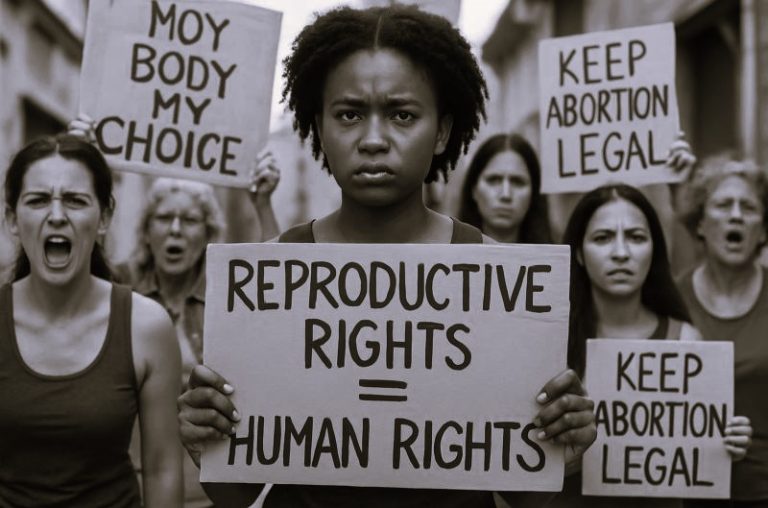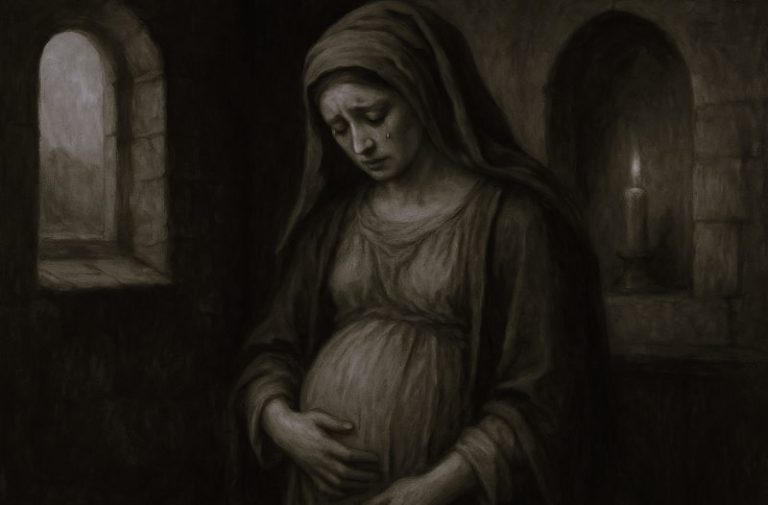

The notion of tribal sovereignty has been raised in relation to abortion rights in South Dakota.

By Stu Whitney
Reporter
South Dakota News Watch
Pro-choice advocates say overturning Roe v. Wade would place greater strain and hardship on Native American women in South Dakota, who are twice as likely as other races to be the victims of sexual assault, according to the U.S. Department of Justice.
Overturning the landmark abortion decision — as leaked documents indicate may be on the horizon — would exacerbate longstanding reservation concerns about lack of adequate health care and reproductive services for Native women in a state with an Indigenous population of nine percent.
According to the 2021 U.S. Census Bureau, Native American female-led families with children had the highest poverty rate in the country, with more than two in five (43 percent) living in poverty. A lack of financial resources may make it harder for Native women to travel or get healthcare support if they have to leave South Dakota to get the procedure. If Roe is overturned, South Dakota is one of more than half the U.S. states that appear poised to pass laws making abortion illegal.
Charon Asetoyer, executive director of the Native American Women’s Health Education Resource Center on the Yankton Sioux Reservation, said that even under the state’s current legal landscape, getting an abortion in South Dakota is already “almost impossible” for many Native women due to restrictive actions taken by Gov. Kristi Noem and the state’s Republican-dominated Legislature.
With Indian Health Service clinics limited by the Hyde Amendment, which prohibits using federal money for abortions in most cases, Native women must travel to the state’s only abortion clinic at the Planned Parenthood in Sioux Falls for multiple visits separated by a 72-hour waiting period, with public funding prohibited unless the mother’s life is in danger.
“It’s very challenging for women coming from hundreds of miles away, and of course that’s the point,” said Asetoyer, who founded the Lake Andes-based resource center in 1988. “You’re talking about politicians in Pierre who have no compassion for women, and they want to make things as difficult as possible for us to have access to health care resources.”
READ ENTIRE ARTICLE AT SOUTH DAKOTA NEWS WATCH






